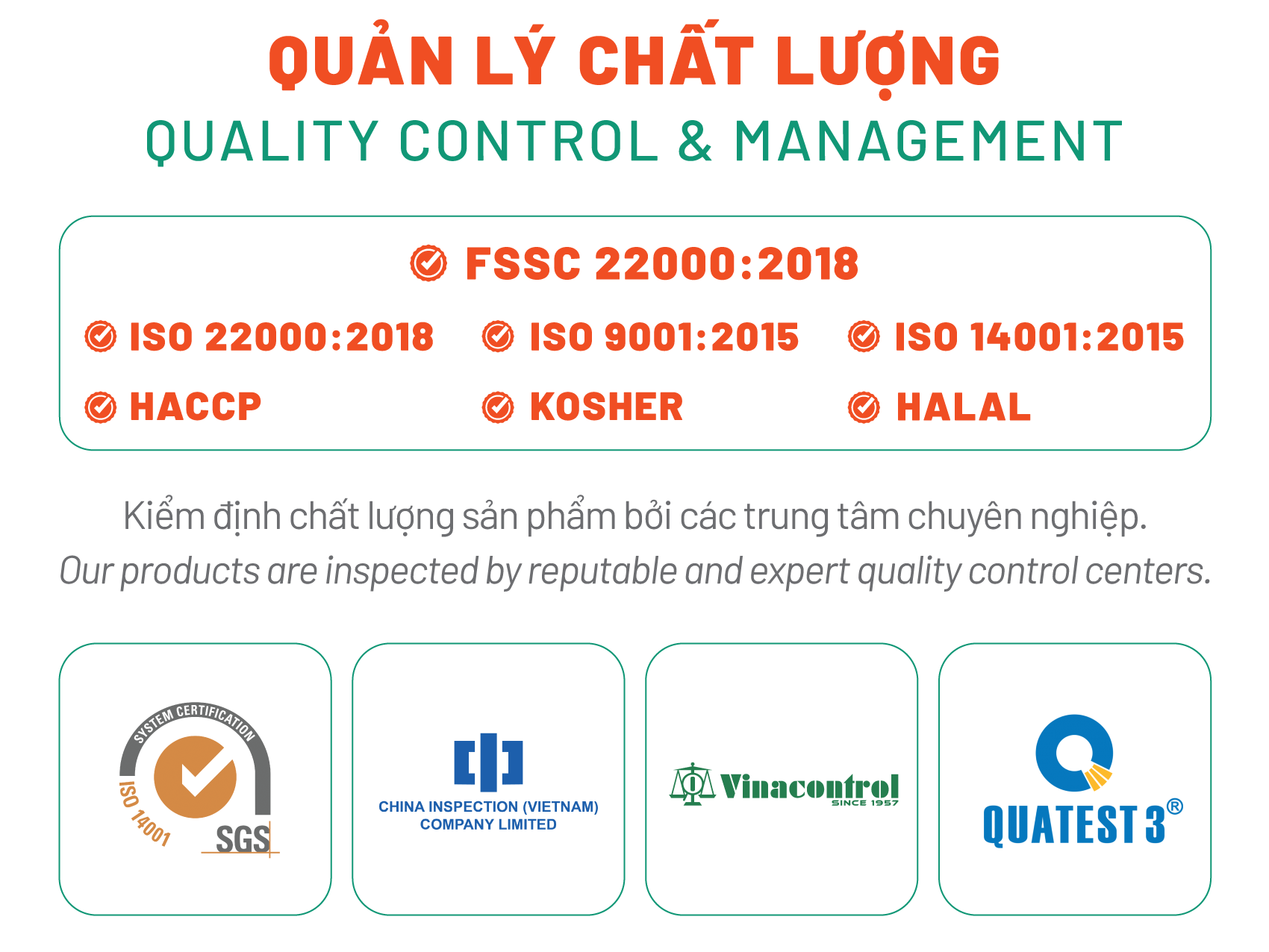MAIN CATEGORIES:
Modified tapioca starch – Food Grade:
- E1404 Oxidized starch
- E1412 Distarch Phosphate
- E1414 Acetylated Distarch Phosphate
- E1420 Acetylated Starch
- E1422 Acetylated Distarch Adipate
 |
PE BAG
KRAFT BAG
|
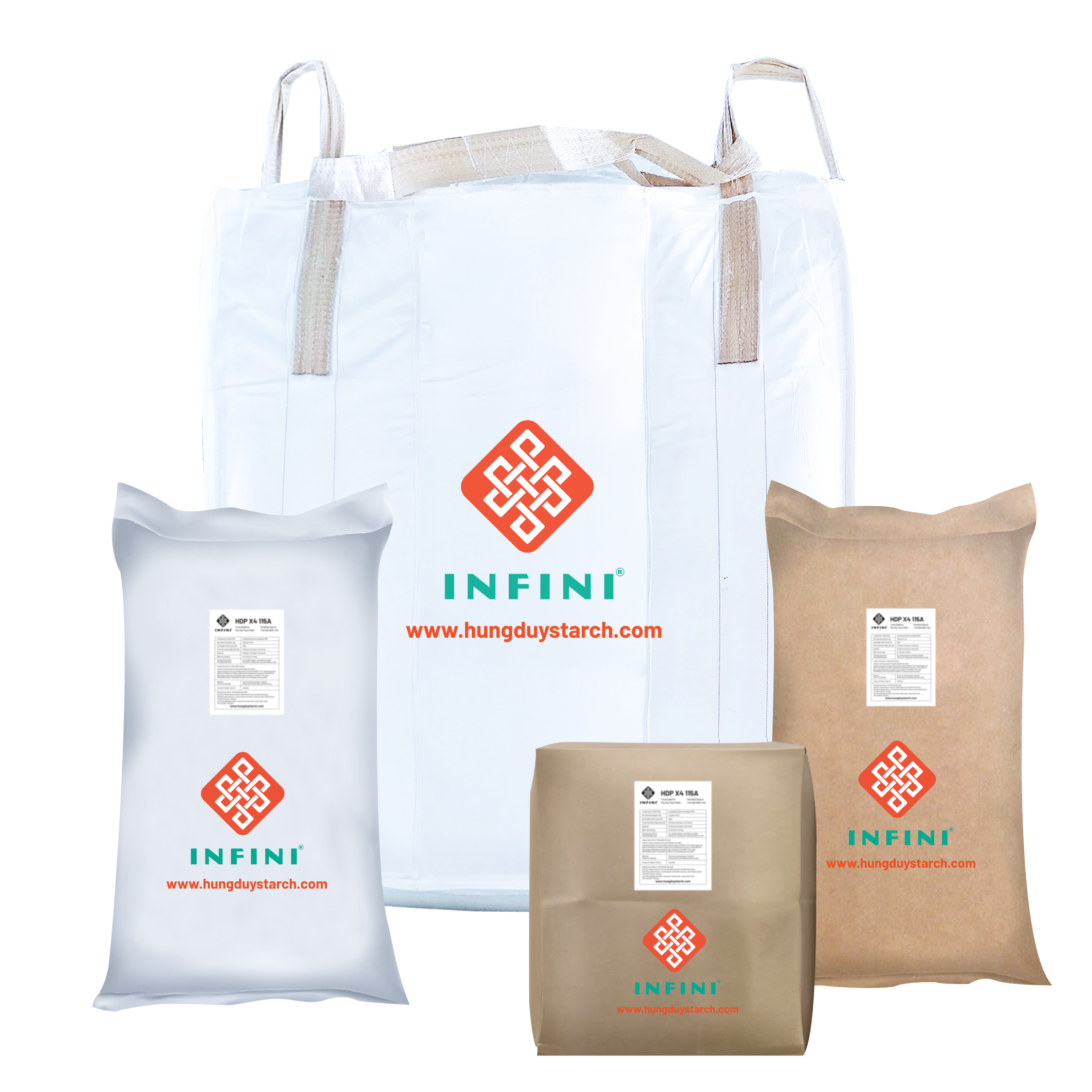 |
PE BAG
KRAFT BAG
|
Modified starch, also called starch derivatives, are prepared by physically, enzymatically, or chemically treating native starch to change its properties.
Modified starch can improve the properties – functions and increase the commercial value of product.
MAIN CATEGORIES:
Modified tapioca starch – Food Grade:
 |
PE BAG
KRAFT BAG
|
 |
PE BAG
KRAFT BAG
|
Soups, puddings, breads, sauces, soy and meat products: Tapioca starch is a thickener and stabilizer. It can withstand long cooking times without breaking down. Products made with tapioca don’t lose their quality when frozen or reheated because tapioca retains its thickening capabilities throughout these processes. Tapioca becomes clear, gel-like, tasteless when cooked and dissolves completely when used as a thickener.
 |
 |
 |
 |
Chocolates, biscuits, cakes, ice creams, vermicelli, and many more: These winning goodies contain tapioca starch, which is preferred over otherstarches due to its better gelling properties and usability as a thickening and bodying agent, and high water-holding capacity.
 |
 |
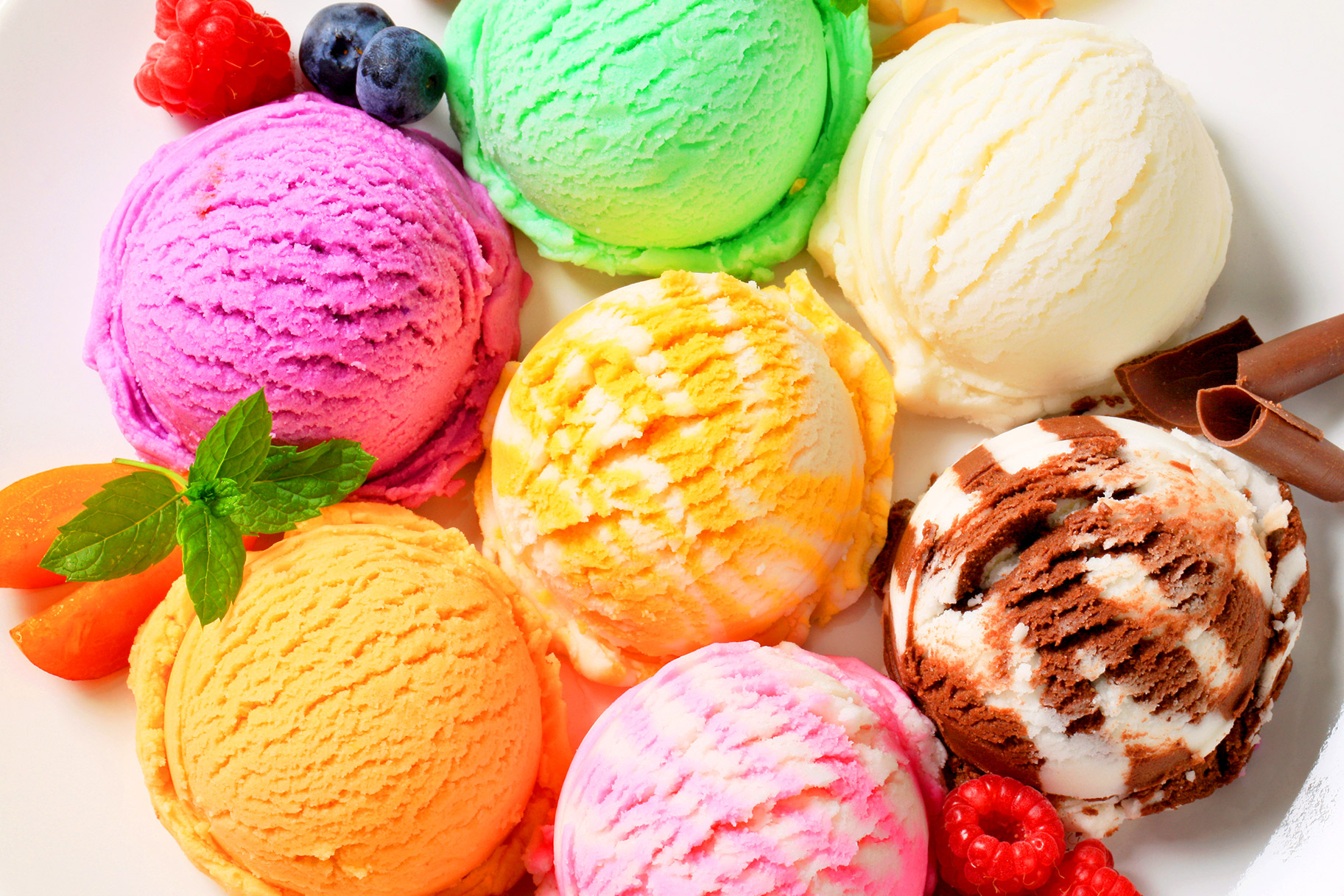 |
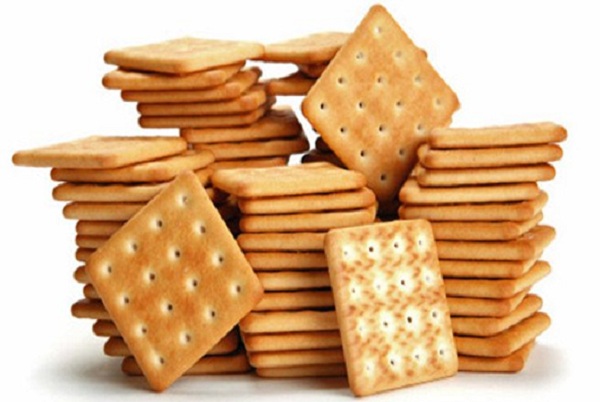 |
Tapioca starch creates a perfectly smooth filling and imparts a high gloss for a tasty-looking result. It’s the perfect product to use with high-acid fruits or a lattice-type pie.
 |
 |
Instant noodles, Noodles, Vermicelli and Sago Seeds - all of them are based on tapioca starch which is advantageously to other kinds of starches.
 |
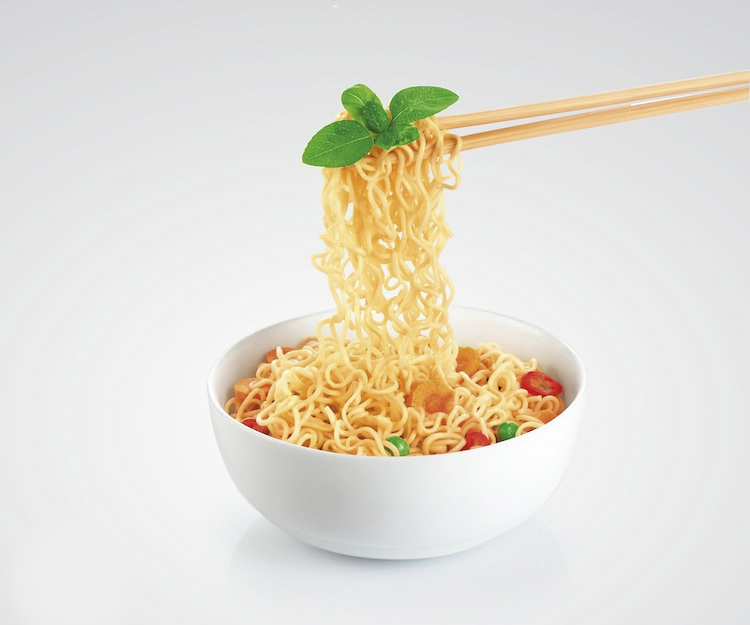 |
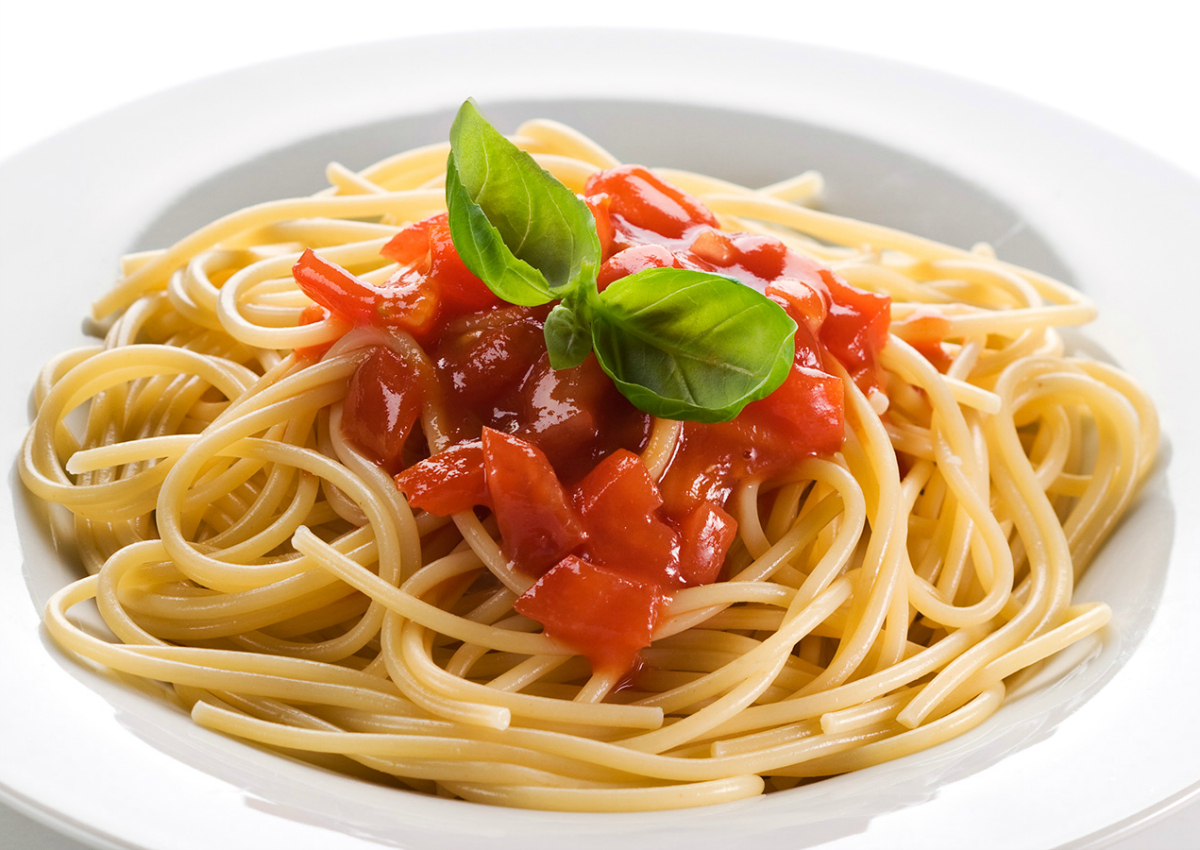 |
|
In addition to the widespread use of dextrose and glucose syrup as sweetening agents in confectioneries, starch and modified starches are also used in the manufacture of many types of candies such as jellybeans, toffee, hard and soft gums, boiled sweets (hard candy), fondants. Starch is used principally in the manufacture of gums, pastes and other types of sweets as an ingredient, or for dusting sweets to prevent them from sticking together. Dextrose prevents crystallization in boiled sweets and reduces hvdroscopicity in the finished product.
 |
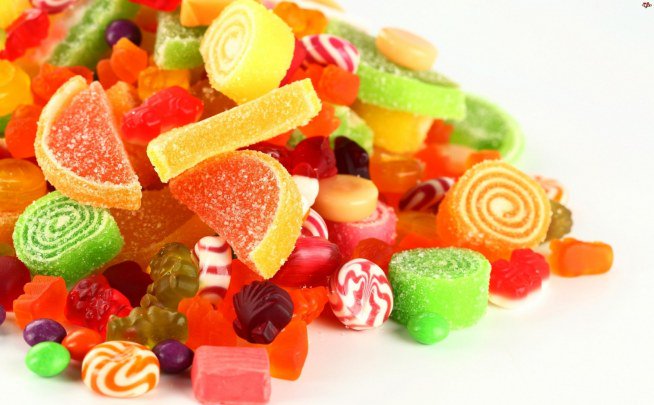 |
 |
|
Modified tapioca starch is used as a colloid stabilizer in beverages that include solid constituents. Tapioca starch based sweeteners are preferred to sucrose in beverages for their improved processing characteristics and product enhancing properties. High dextrose equivalent syrups of tapioca based hydrolysate are also excellent source for easily fermentable sugar for brewery applications.
| Adhesive | 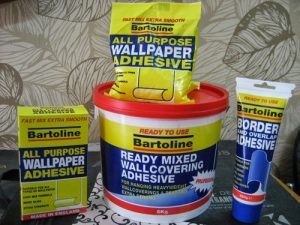 |
| Hot-melt glues | |
| Stamps, bookbinding, envelopes | |
| Labels (regular and waterproof) | |
| Wood adhesives, laminations | |
| Automotive, engineering | |
| Pressure sensitive adhesives | |
| Corrugation | |
| Paper sacks | |
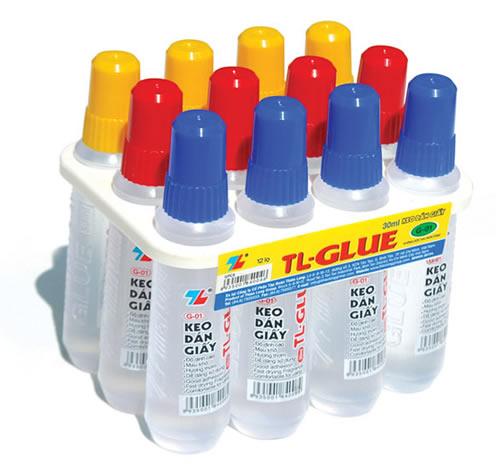 |
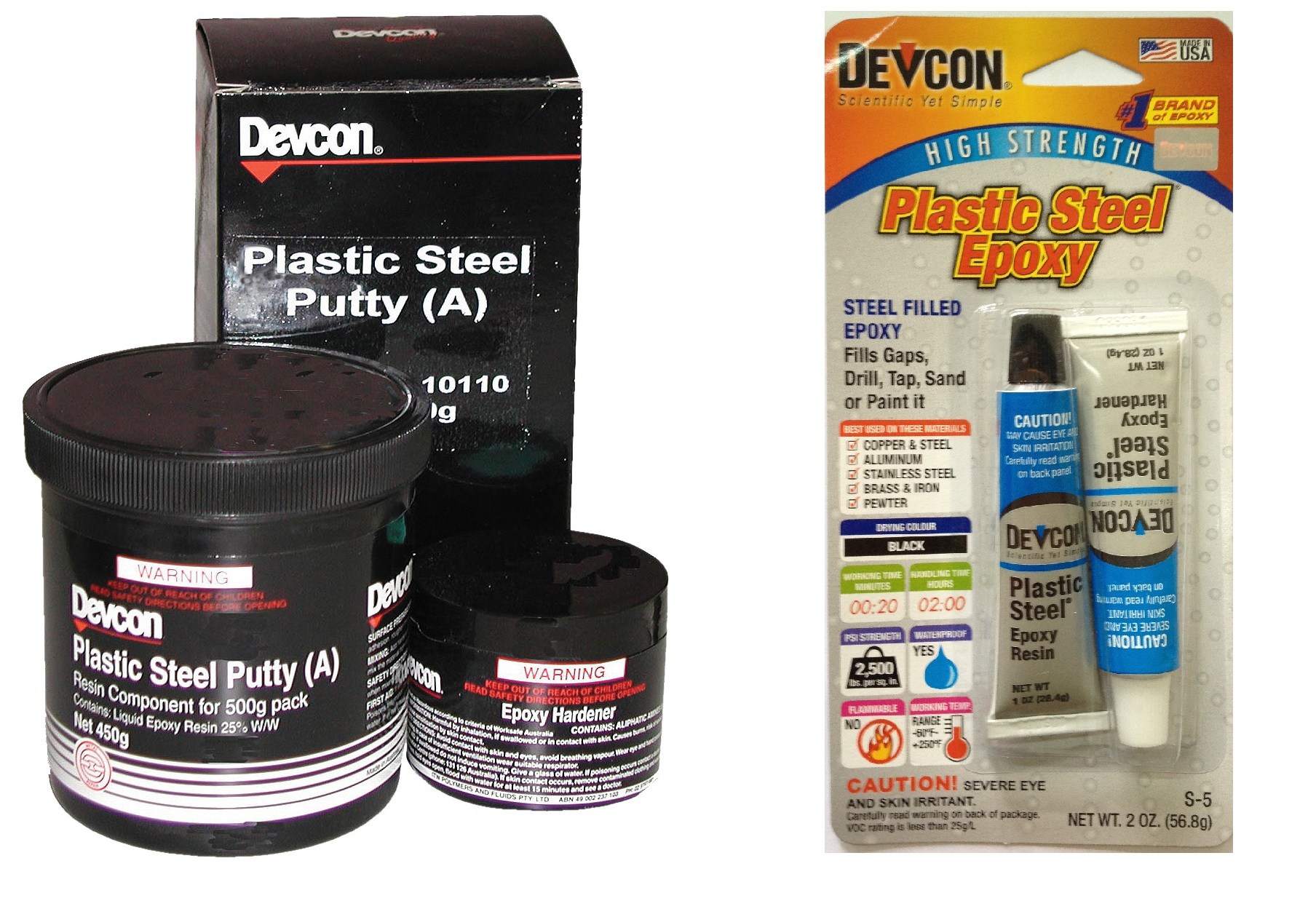 |
Warp sizing
Fabric finishing
Printing
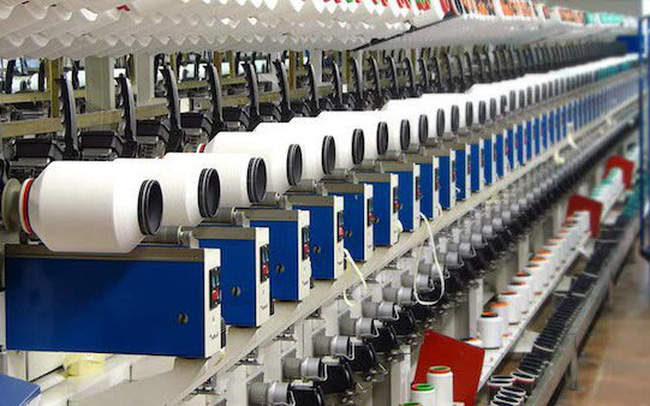 |
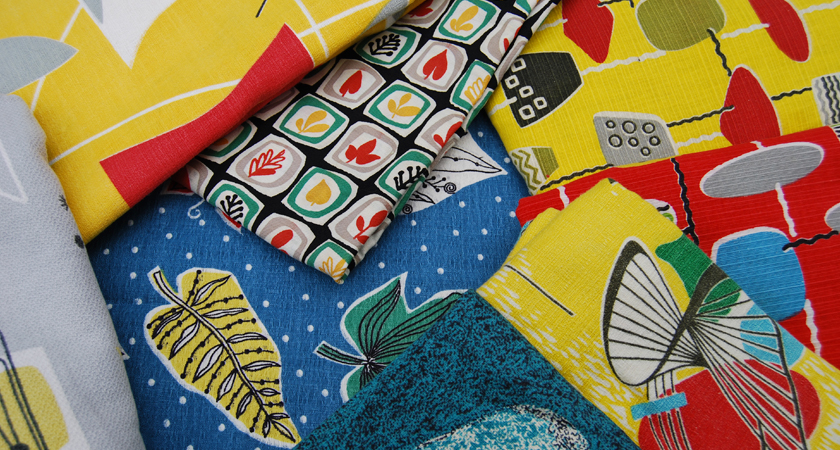 |
| Internal sizing | Paper coating (regular and colour) |
| Filler retention | Carbonless paper stilt material |
| Surface sizing | Disposable diapers, feminine products |
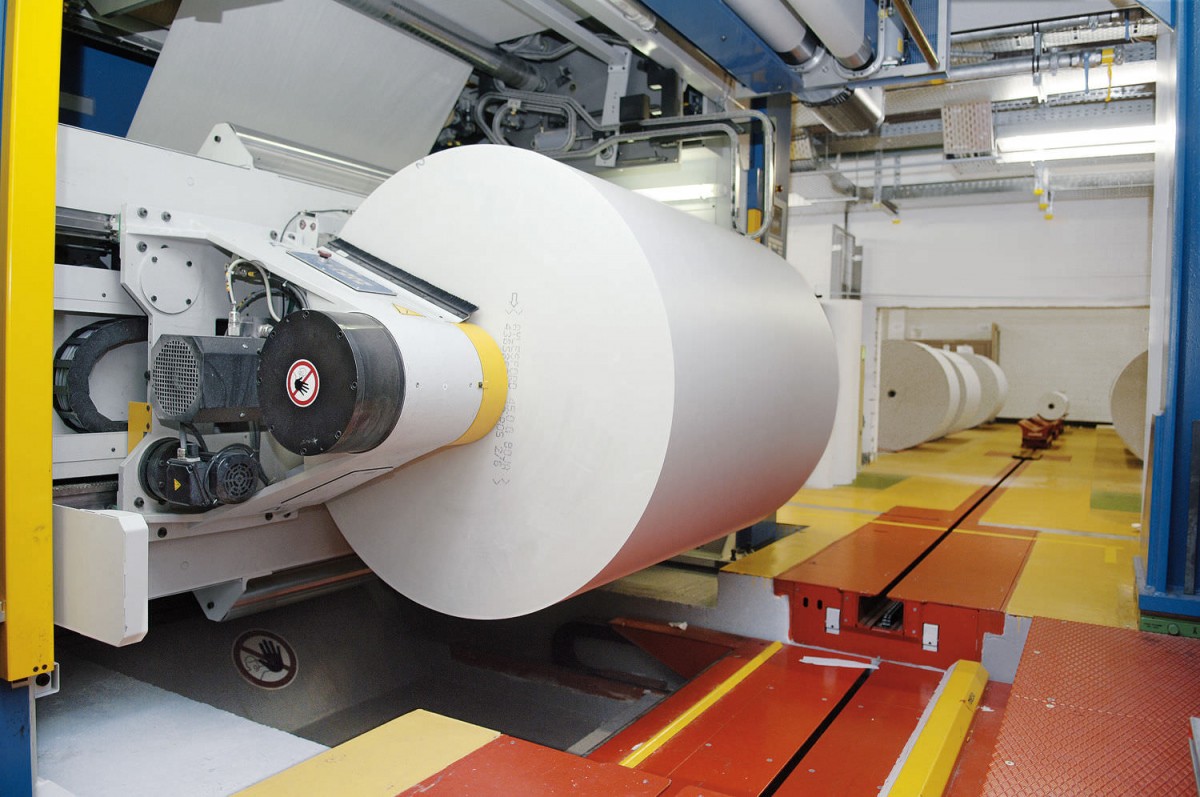 |
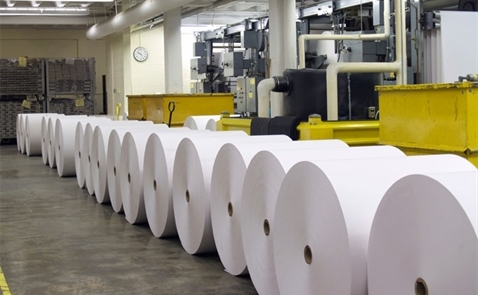 |
| Concrete block binder |  |
| Asbestos, clay/limestone binder | |
| Fire-resistant wallboard | |
| Plywood, chipboard adhesive | |
| Gypsum board binder | |
| Paint filler | |
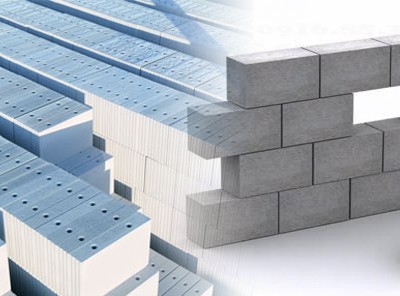 |
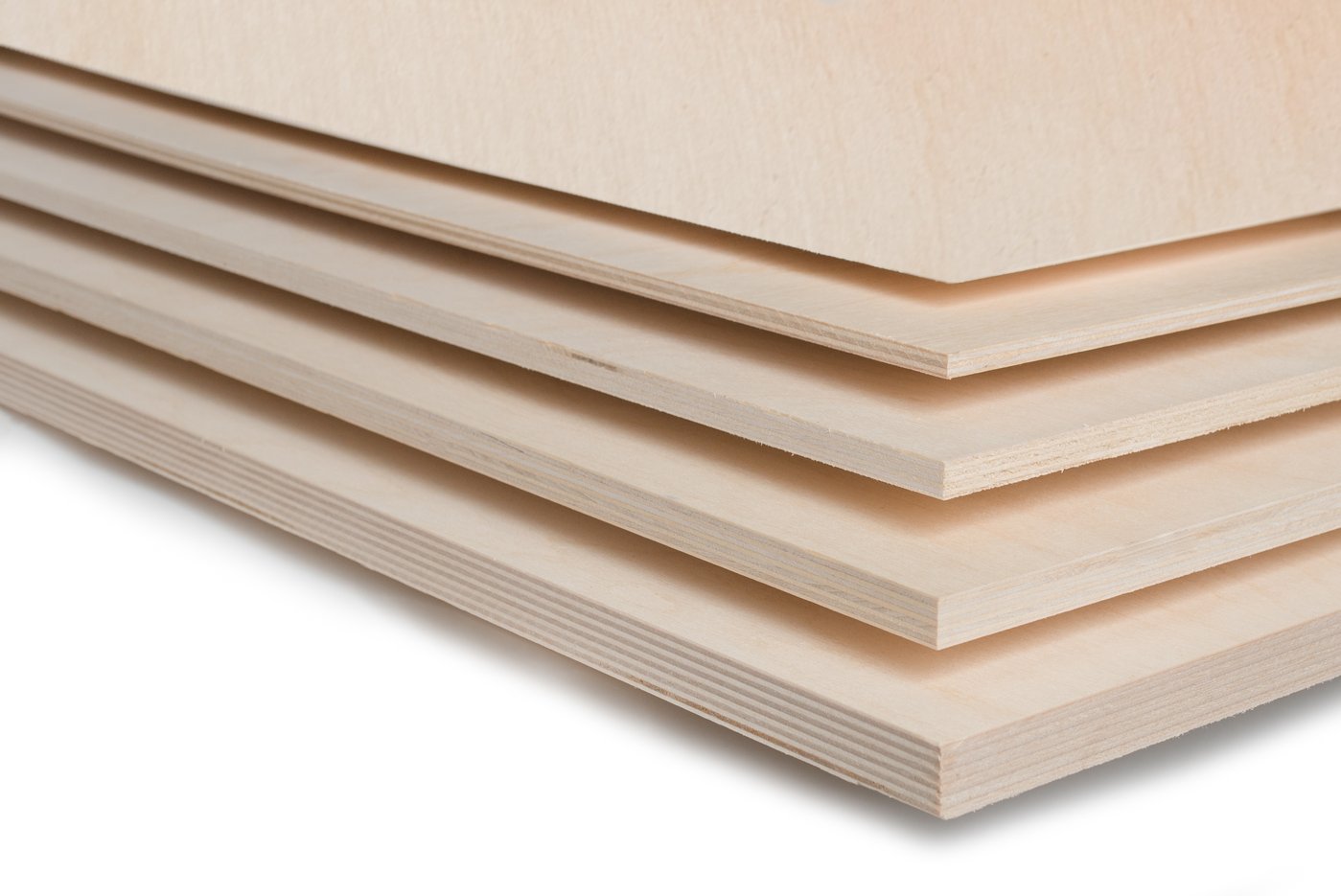 |
| Dusting powder |  |
| Make-up | |
| Soap filler/ extender | |
| Face creams | |
| Pill coating, dusting agent | |
| Tablet binder/ dispersing agent | |
 |
 |
 |
 |
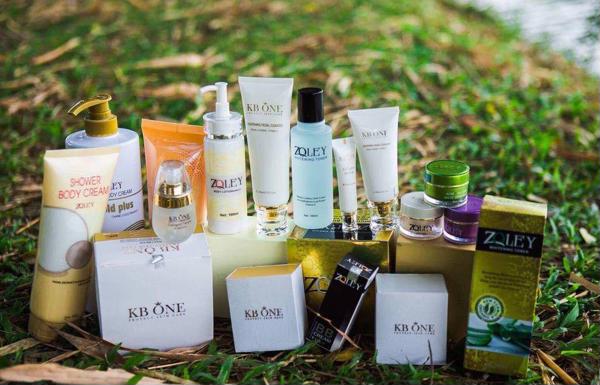 |
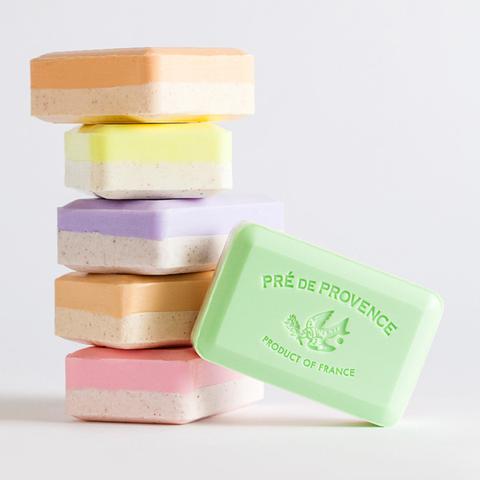 |
Explosives Industry (wide range binding agent, match-head binder)
Mining Industry (oil well drilling muds, ore sedimentation, ore flotation)
Animal feeds
Biodegradable plastic film
Dry cell batteries
Printed circuit boards
Leather finishing
Metals Industry (sand casting binder, sintered metal additive, foundry core binder)
